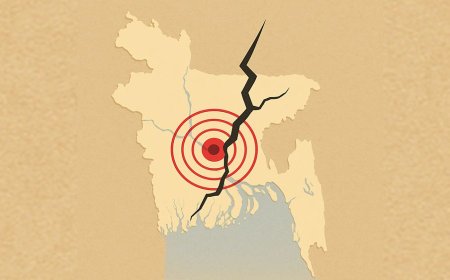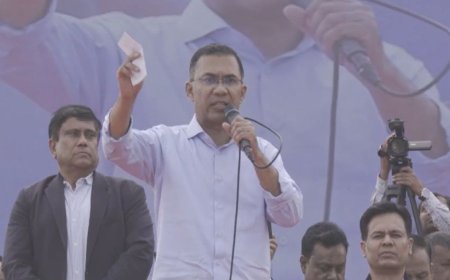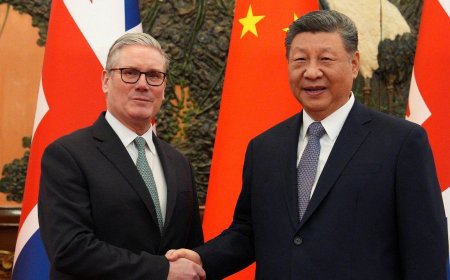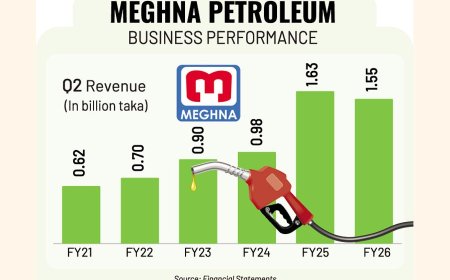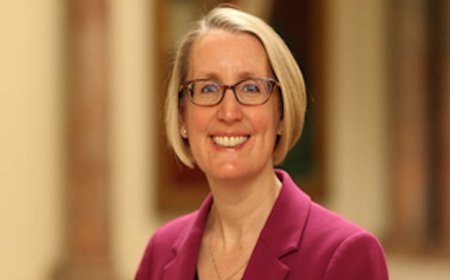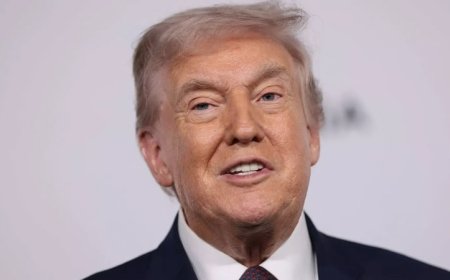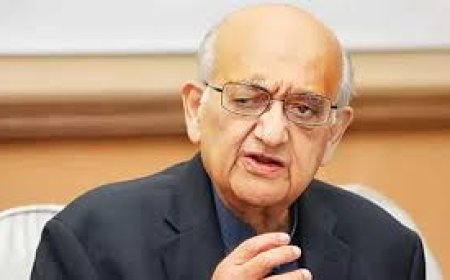What should be Bangladesh's strategic focus for 2025?
What should be Bangladesh's strategic focus for 2025?
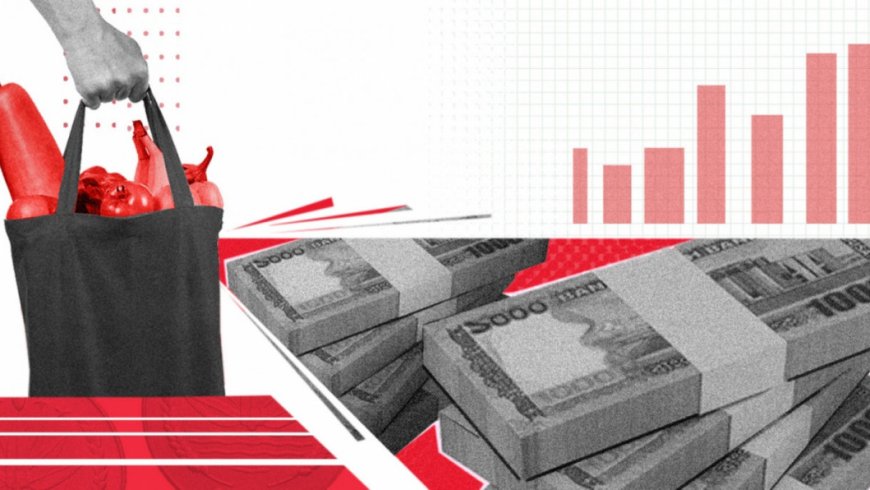
As Bangladesh enters the new year and prepares to face ongoing economic and political challenges, it is crucial to assess the country's current economic situation. The economy is grappling with several complex issues that demand a unified and strategic approach. The national budget, set for presentation in June, should address these concerns while highlighting the need for a comprehensive reform agenda. The core of the economic struggles lies in persistent inflation, which continues to rise. Despite multiple interest rate hikes by the Bangladesh Bank over the past two years, inflation remains unchecked. This failure is evident when compared to neighboring countries, many of which have successfully managed inflation. While the previous regime faced criticism for inaction or inadequate responses to inflation, the current interim government has not yet achieved success either. The root cause of this failure is the lack of coordination between monetary policy, fiscal policy, and domestic market management. Policymakers must recognize that without a synchronized approach, these measures will remain fragmented and ineffective.
For the interim government, controlling inflation and providing relief to low-income citizens should be the primary focus. Although exports and remittance inflows have shown improvement, which has slightly boosted foreign exchange reserves, the key to sustaining this progress lies in addressing macroeconomic instability, labor unrest, and tensions in many factories. Additionally, private investment remains stagnant due to high interest rates, an unfavorable business climate, and an unstable law and order situation. These factors have hindered job creation and industrial growth.
The forex market presents another challenge. While the Bangladesh Bank is signaling a shift toward a more market-driven exchange rate policy, careful timing and execution are necessary to prevent further inflationary pressures and increased import costs. This transition must be accompanied by a clear strategy that prepares businesses and consumers for the changes. However, the interim government's lack of strong and decisive economic management has not helped resolve the major economic challenges. The apparent lack of coordination in addressing these issues raises concerns about the policy-making and implementation process. It is crucial for the interim government to take serious, comprehensive actions to address these challenges effectively.
The White Paper Committee's report, submitted on December 1, highlights systemic corruption, illicit financial transfers, cronyism, and rent-seeking behaviors that have plagued development projects, including megaprojects, under the previous regime. This report serves as a call to action for the interim government to tackle these entrenched practices. By implementing key recommendations from the report, the government can begin addressing the root causes of inefficiency and corruption. This includes reforms in key economic, political, administrative, and judicial areas, which should be reflected in the government's allocations and priorities. While the mass uprising in July-August created optimism for a unified national effort toward reform and nation-building, political tensions and disagreements over the scope of reforms, the interim government's duration, and the timing of the next national election threaten to derail economic priorities. A confrontational political environment risks diverting attention from critical issues, such as persistent inflation, which continues to erode the purchasing power of ordinary citizens.
Policymakers must act swiftly to provide immediate economic relief and lay the groundwork for broader reforms. These actions should include coordinated efforts to control inflation, protect vulnerable groups through expanded social safety nets, and address supply-side inflation drivers through investments in agriculture, energy, and transportation infrastructure. At the same time, policymakers should set the stage for deep reforms in the key economic, political, administrative, and judicial sectors. There appears to be consensus on some economic reforms, such as improving public finance management, overhauling the taxation system, restructuring the banking sector, and modernizing trade and investment policies. However, political, administrative, and judicial reforms remain contentious and divisive. The challenge lies in ensuring that debates and disagreements over political and judicial reforms do not undermine the momentum for economic reforms. If not carefully managed, these disagreements could overshadow or derail efforts to address the structural economic challenges necessary for stability and growth.
Therefore, it is essential for the interim government to maintain a strong focus on economic reforms, while simultaneously fostering dialogue and consensus-building for broader institutional reforms. Effective leadership, clear communication, and a commitment to gradual progress are crucial for navigating these competing priorities.
What's Your Reaction?








